Home > Politics > Countdown to 2027: Tinubu to pick new IN...
Countdown to 2027: Tinubu to pick new INEC chair this week
By AnchorNews | 08 Oct, 2025 06:24:32am | 7
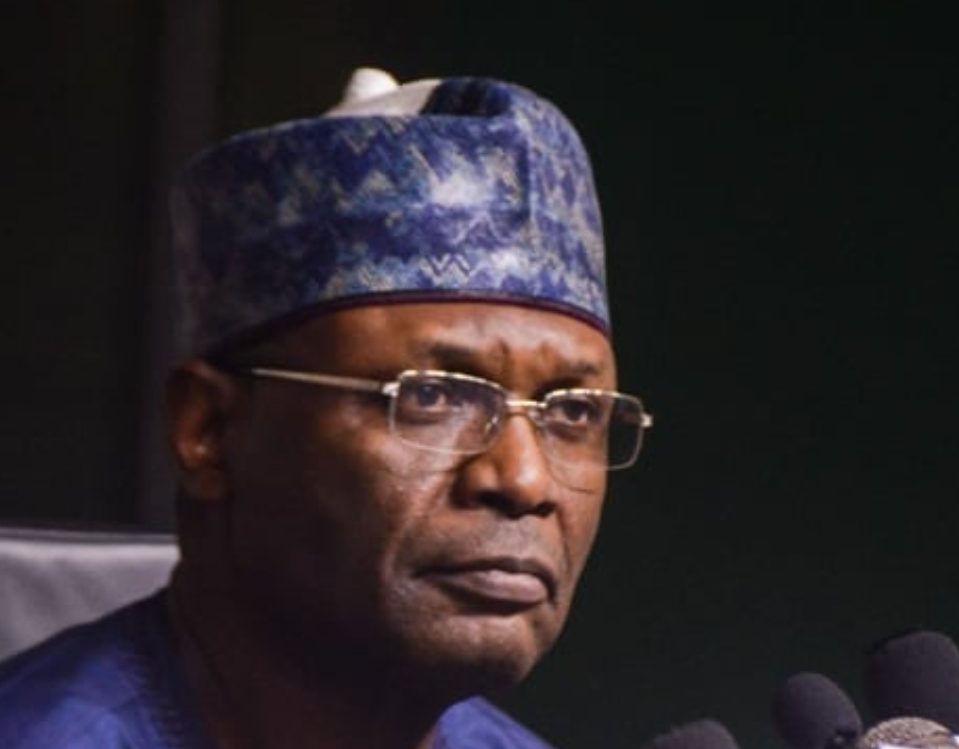
President Bola Tinubu has formally accepted Professor Mahmood Yakubu’s departure as Chairman of the Independent National Electoral Commission following the expiration of his second and final tenure.
Following the development, the President is set to name Yakubu’s successor after the Council of State meeting in Abuja on Thursday, after presenting the list of nominees for the coveted number one electoral umpire position.
Yakubu Tuesday handed over to May Agbamuche-Mbu, a seasoned legal expert, who has assumed the role of acting chairman pending the appointment of a substantive successor.
In recognition of his service, the President conferred upon the ex-INEC boss the national honour of Commander of the Order of the Niger.
Former Presidents Olusegun Obasanjo and Goodluck Jonathan, state governors and other members of the Council of State are expected to advise Tinubu on the next INEC chair.
The Special Adviser to the President on Information and Strategy, Bayo Onanuga, in a statement on Tuesday, disclosed that Tinubu thanked the outgoing INEC boss for his services to the nation.
The statement titled ‘President Tinubu Accepts INEC Chairman’s Departure, Bestows National Honour on Him,’ read, “President Tinubu thanked Professor Yakubu for his services to the nation and his efforts to sustain Nigeria’s democracy, particularly through the organisation of free and fair elections throughout his two-term tenure.
“In recognition of Yakubu’s dedicated service to the nation, President Tinubu has bestowed on him the honour of Commander of the Order of the Niger.
“President Tinubu also directed that Professor Yakubu should hand over to the most senior national commissioner, May Agbamuche-Mbu, who will direct the affairs of the commission until the completion of the process to appoint a successor.”
In a letter dated October 3, 2025, Yakubu expressed gratitude to the President for the privilege of overseeing the commission for two terms.
Tinubu, in turn, thanked him for sustaining Nigeria’s democracy and conducting elections he described as “free and fair” across his tenure.
Yakubu was first appointed in November 2015 as INEC’s 14th chairman for a five-year term.
Following Senate confirmation, he was reappointed in 2020 for another five years, now concluded.
Over the decade, Yakubu oversaw the 2019 and 2023 general elections and numerous off-cycle polls.
Under his leadership, INEC introduced the Bimodal Voter Accreditation System for voter verification and the Results Viewing Portal to allow instant public access to polling unit results.
In November 2021, INEC piloted BVAS during the Anambra governorship election, which was the first time it was deployed in a state-wide election.
It was used in the FCT Area Council elections and some off-cycle governorship polls (Ekiti and Osun) in 2022.
It was fully implemented nationwide during the 2023 general elections, mandated by the Electoral Act 2022.
Yakubu institutionalised a system of continuous registration and updates of voter records, breaking away from only registering citizens ahead of elections.
During his tenure, the number of polling units increased significantly, bringing election access closer to many communities across Nigeria.
The erstwhile INEC boss also championed a consistent election timetable while increasing collaboration with political parties, civil society organisations, international observers, and media to ensure better oversight and trust in the process.
Yakubu established the Election Monitoring and Support Centre and other predictive systems to track performance across polling units using performance indicators.
Under him, INEC introduced provisions to support persons with disabilities, priority voting for the elderly and vulnerable groups and measures to ensure internally displaced persons could better participate.
Despite political pressure and intense public scrutiny, Yakubu managed to preserve INEC’s institutional independence. He continuously emphasised neutrality and adherence to constitutional guidelines.
However, Yakubu’s tenure was not without controversy as the 2023 election recorded technical glitches and delays blamed on system failures and transmission lags.
Political actors often accused INEC of favouring one side, especially during tight contests. During elections, polling units experienced late arrivals of materials or security lapses, particularly in volatile areas.
Furthermore, voter apathy and scepticism about election fairness remained concerns throughout his tenure.
Punch

Leave a Reply
Your email address will not be published. Required fields are marked *
Category
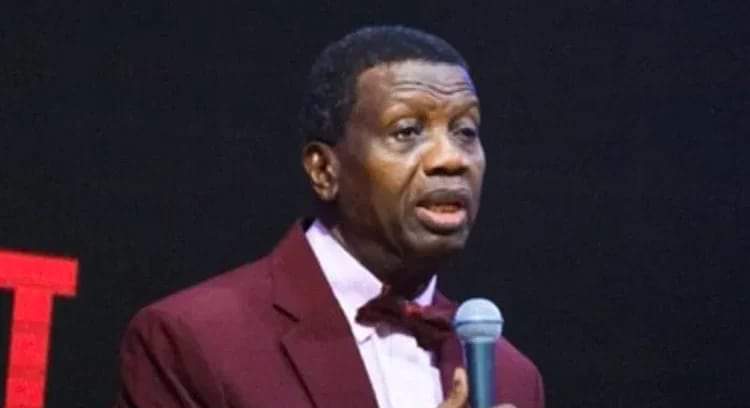 Religion
Religion 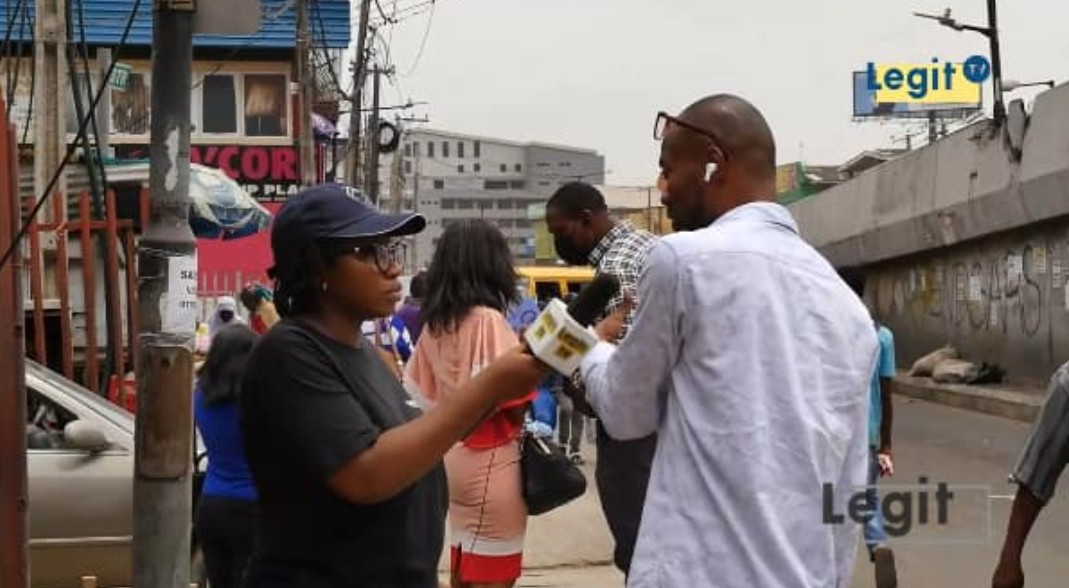 Business & Economy
Business & Economy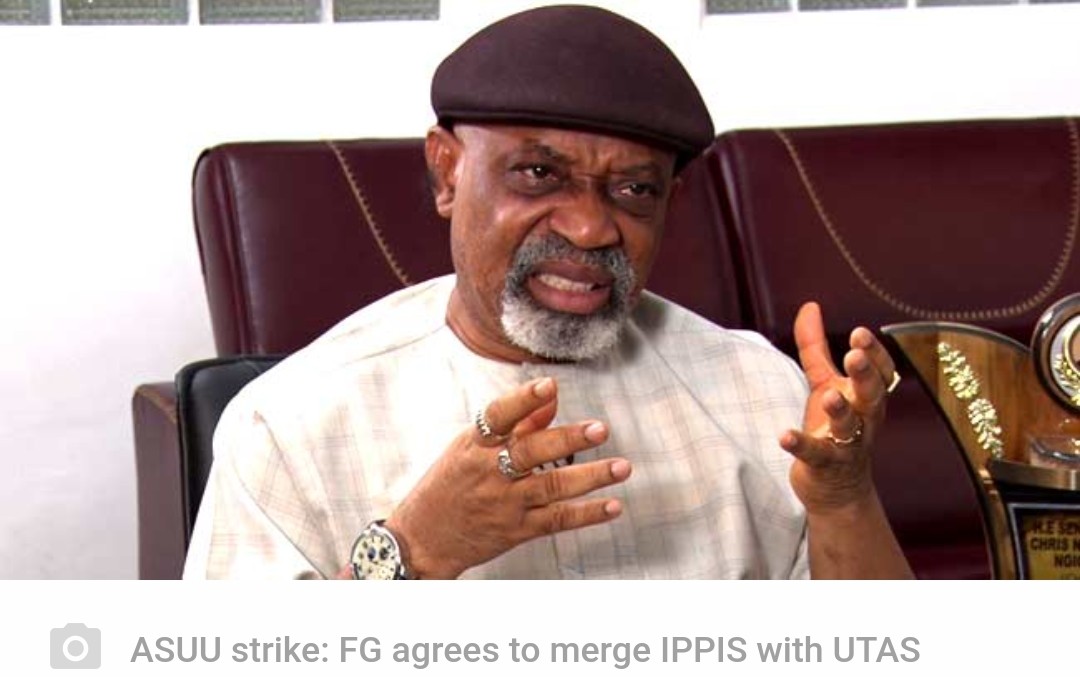 News
News Crime & Security
Crime & Security.jpeg) Interviews
Interviews Technology
Technology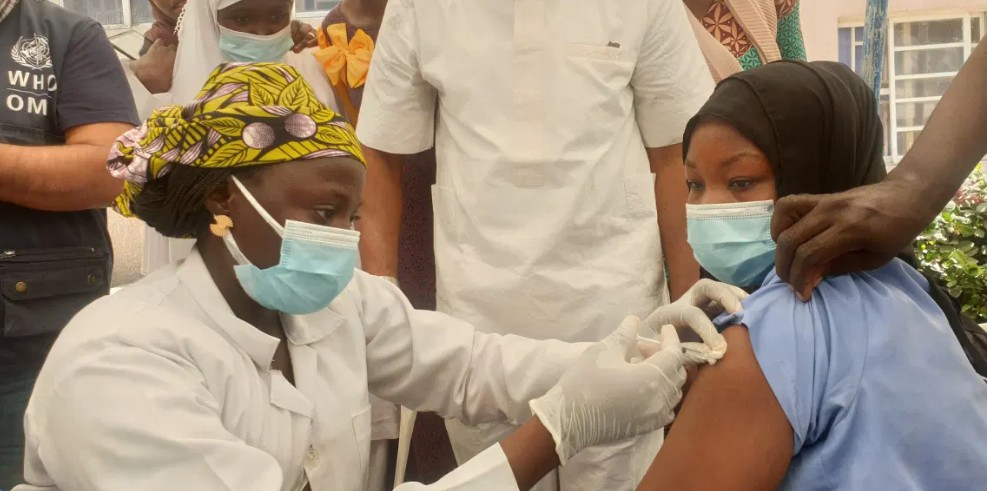 Entertainment
Entertainment Opinion
Opinion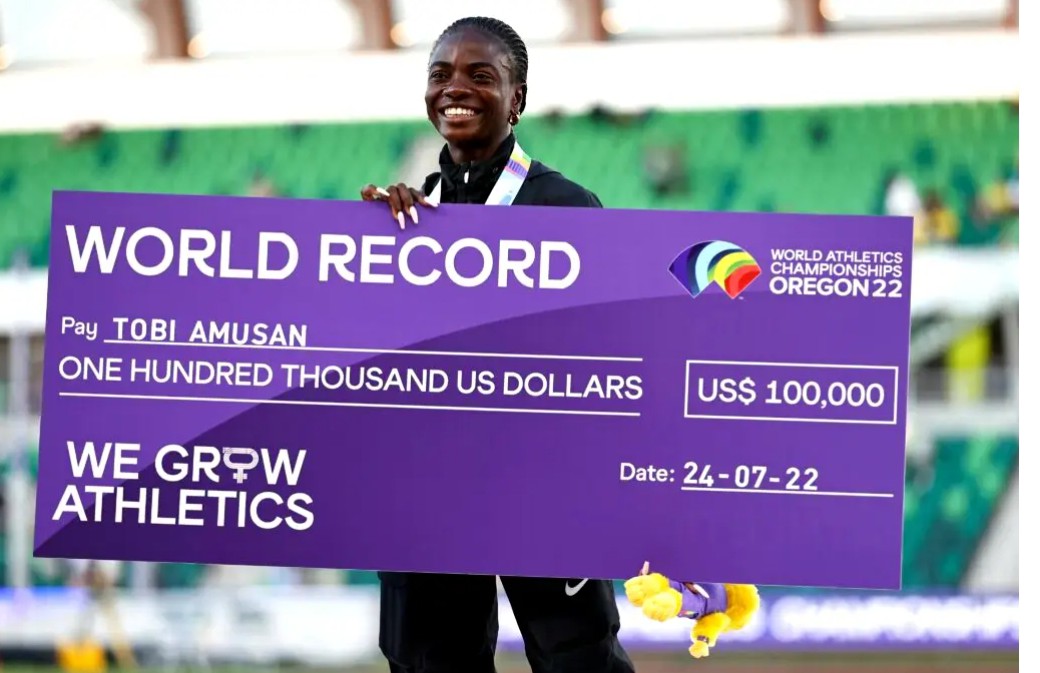 Sports
Sports 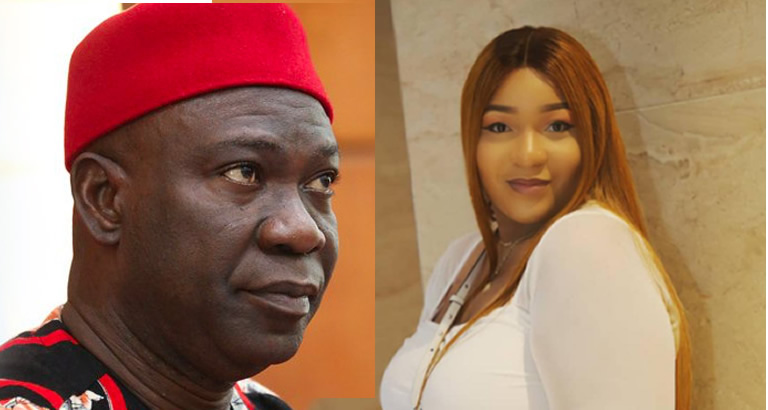 Health
Health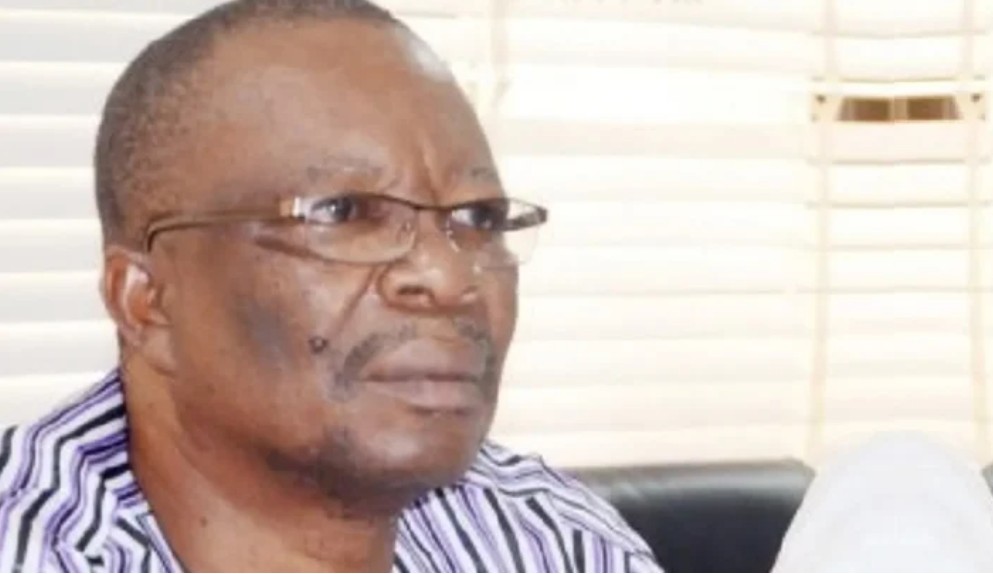 Education
Education 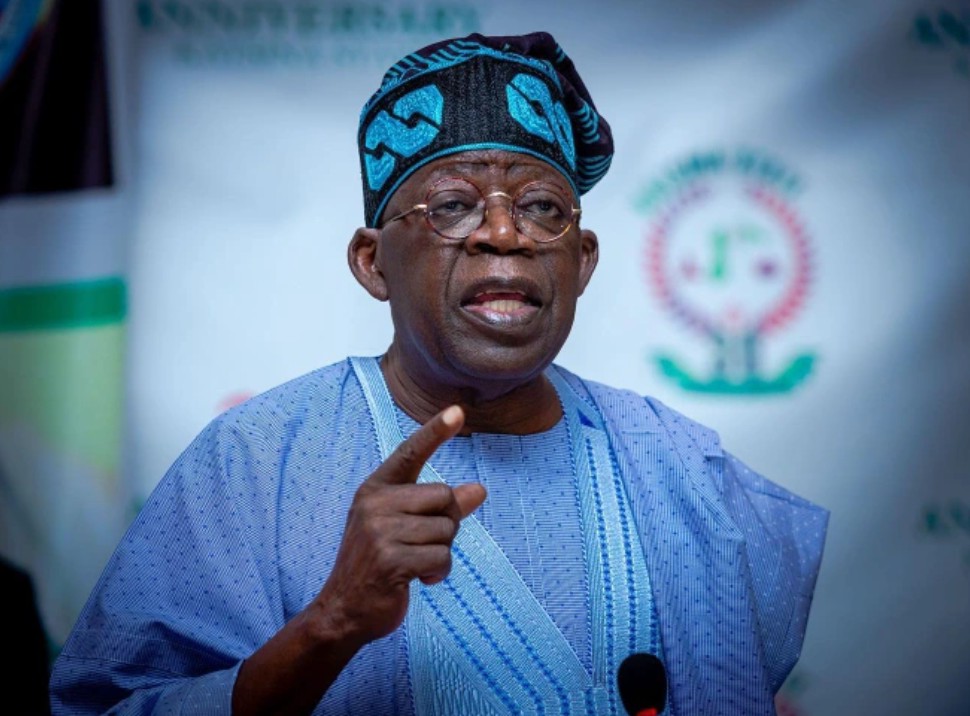 Politics
Politics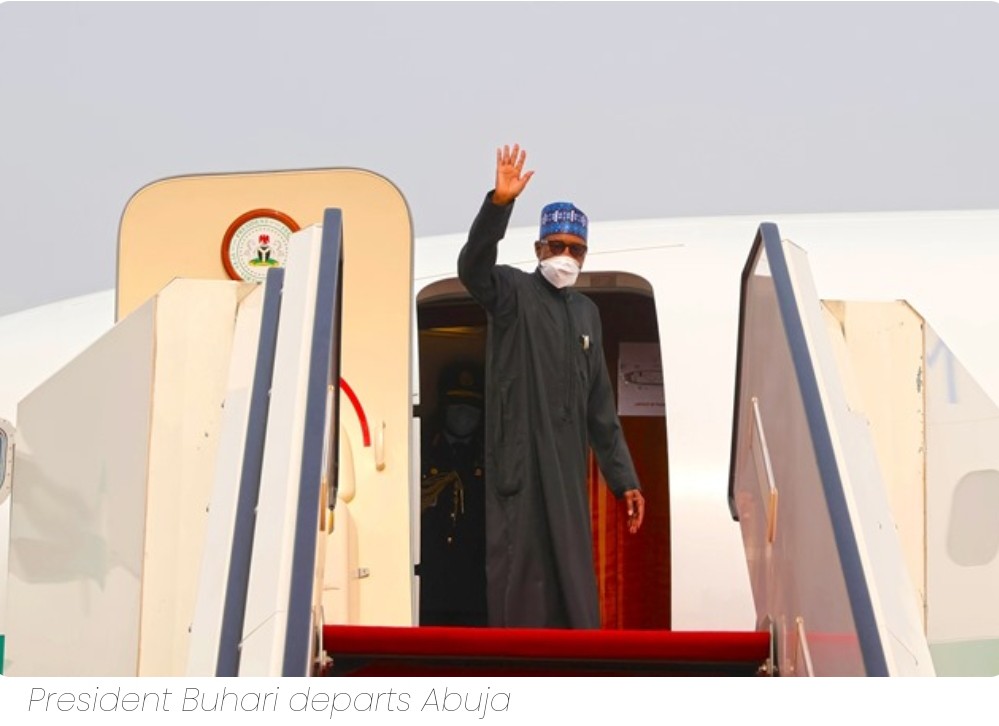 Culture & Tourism
Culture & Tourism